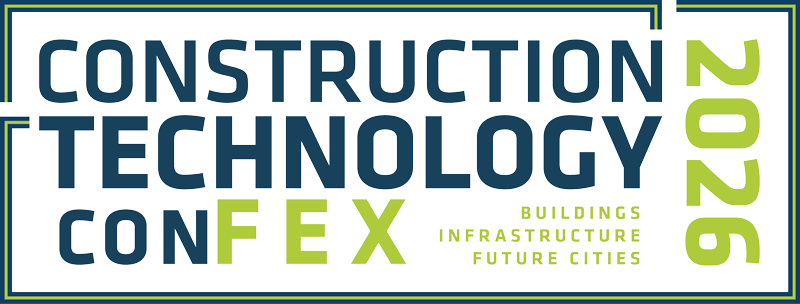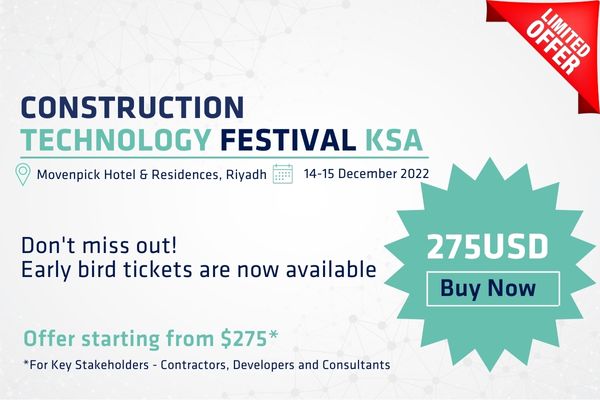April 21, 2023
VR & Metaverse: A New Reality for Construction
Imagine trying to design and construct a complex building using only 2D blueprints and sketches. It's a challenge that architects and builders have faced for decades, leading to inefficiencies, inaccuracies, and delays. But with the development of virtual reality (VR) and metaverse technologies, a new era of immersive experiences has emerged that promises to revolutionize the construction industry. By allowing stakeholders to visualize and interact with a 3D digital model of a building before it's even built, VR and metaverse technologies are transforming the way we plan, design, and construct buildings.
What is Metaverse?
Metaverse refers to a collective virtual shared space created by the convergence of physical and virtual reality, where people can interact with a computer-generated environment and other users. It is essentially a parallel world that allows users to engage in activities such as work, entertainment, education, and socializing through avatars, which are digital representations of themselves.
How does it work?
Metaverse works by creating a shared virtual space that is accessible to users through VR headsets, smartphones, and computers. Users can interact with each other and the virtual environment through their avatars, which can be customized to represent their appearance and personality. The Metaverse is constantly evolving and is expected to become more immersive and interactive with the use of artificial intelligence (AI) and other advanced technologies.
Benefits of Metaverse
Metaverse has the potential to transform various industries, including construction. By creating a virtual space, architects, engineers, and builders can collaborate in real-time, even if they are in different parts of the world. This allows for faster decision-making and increased efficiency, reducing the time and cost of construction projects.
Additionally, virtual models of buildings can be created in the Metaverse, allowing stakeholders to visualize the finished product before construction begins. This can help identify design flaws and prevent costly mistakes during the construction process. Virtual walkthroughs can also be conducted, allowing clients to experience the building and make any necessary changes before construction begins.
Impact on Construction
VR and metaverse are already making a significant impact on the construction industry. Companies are using VR to create immersive and interactive presentations for clients and stakeholders, allowing them to experience the building before it is constructed. This can improve communication and understanding between stakeholders, resulting in better design decisions.
Moreover, VR and metaverse are also being used to train workers in the construction industry. Workers can practice complex tasks and safety protocols in a virtual environment, reducing the risk of accidents and injuries on the job.
CTF: Advancing VR & Metaverse in Construction
As the construction industry continues to embrace VR and metaverse technology, it's important for stakeholders to stay informed about the latest developments and best practices. That's where events like the Construction Technology Forum (CTF) come in. CTF is the region's original, biggest, and best ConTech event, bringing together the top players in the industry to network, share knowledge, and learn from each other. At the upcoming 6th edition of CTF, which will take place on 31 May - 01 June, the latest trends and advancements in virtual reality and metaverse technology will be discussed, providing valuable insights for attendees. Companies can also choose to sponsor the event, gaining visibility and access to a targeted audience of construction industry professionals.
Just Say Hi there!

